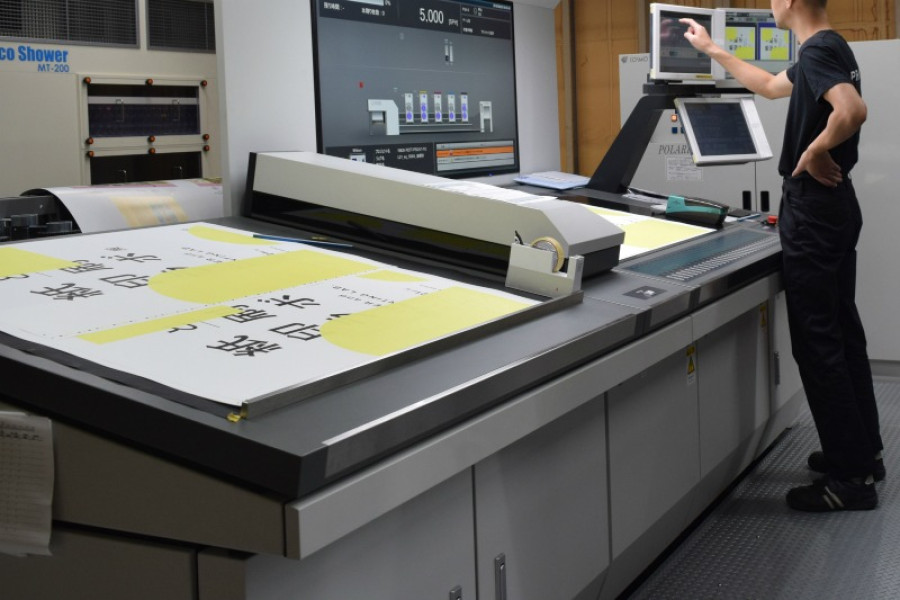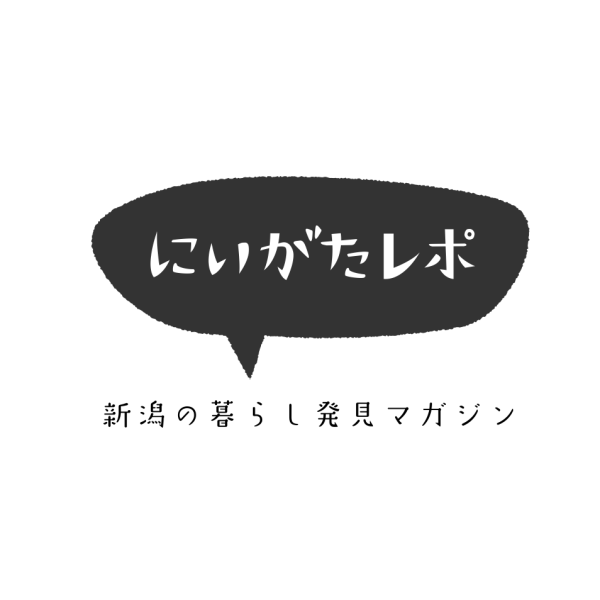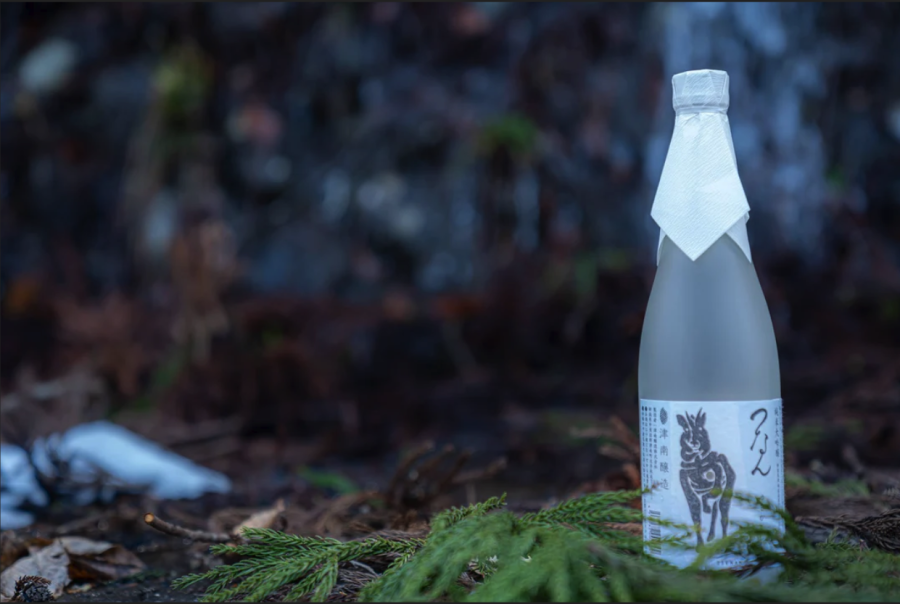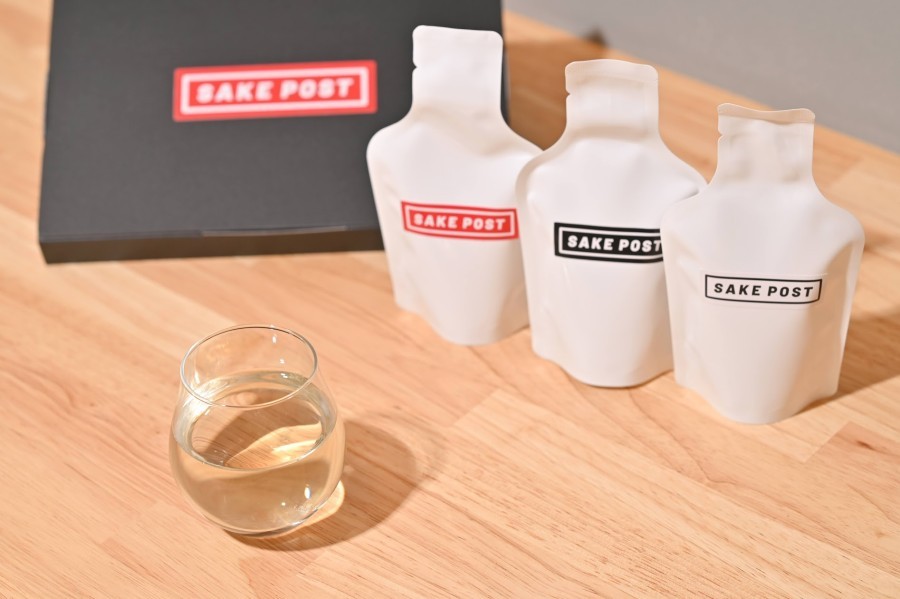This article is a tie-up with the Niigata Prefecture Federation of Small Business Associations and Manufacturing Support Centre.
Numerous attractive companies are active in Niigata Prefecture. This section picks up 'Change Leaders' who create new value by 'changing themselves positively'.
In the 14th edition, Prograf (formerly Iwahashi Printing Co.) developed original products using on-demand printing and complex folding technology. The company aims to expand its sales channels by manufacturing OEM products of the developed products as goods for other companies.
A wider range of printing processes enables a variety of proposals.
The printing industry is said to be an equipment industry, where ownership of large facilities and equipment directly affects a company's competitiveness. Prograf was a latecomer to the printing industry in Sanjo, so it needed to have features that would make its customers choose it over other companies, rather than simply investing in equipment as other companies did. Therefore, the current president, a second generation design specialist, has focused on creativity, actively employing designers and working on the launch of its own brand.
![Developing original products with printing equipment capable of special processing! / Prograf Corporation [Change Leader vo.14].](https://niigata-repo.com/wp-content/uploads/2019/07/IMGP6599-546x363.jpg)
In recent years, with the spread of on-demand printing, which does not use the original printing plates, small lot printing has become possible at low cost. The company thought it would be possible to develop original products that utilised design capabilities by combining processing technologies such as punching and folding, and utilised a manufacturing subsidy. In 2013, a high-performance on-demand printing machine and a die-cutting machine were installed. The following year, equipment capable of special and complex folding was introduced. The special processing, which used to be outsourced, is now possible in-house, enabling the development of original products with a high degree of design, such as fusen memos and envelope clutch bags.
Monozukuri subsidy... Common name for a project by the Ministry of Economy, Trade and Industry and the Small and Medium Enterprise Agency to support capital investment, etc. that contributes to improving production capacity.
![Developing original products with printing equipment capable of special processing! / Prograf Corporation [Change Leader vo.14].](https://niigata-repo.com/wp-content/uploads/2019/07/04-546x364.jpg)
The designers and the print operators also need to be able to communicate with each other, asking questions such as "Is this design technically feasible?" and "Can this printing technology be used in the design?" Can we use this printing technology in the design?" and "Is this design technically feasible? This has enabled us to make highly creative proposals to our clients.
advertisement
Special machining machinery has been introduced, enabling a wide range of proposals to be made.
For the second year in a row, the company has been able to utilise the grant to handle processing work in-house, which was previously left to subcontractors. It is now possible to make proposals that were previously difficult, such as test printing a number of times to achieve higher quality products or presenting customers with prototypes of special processing. There is also a high demand for special processing from external designers, and we receive more consultations on processing.
![Developing original products with printing equipment capable of special processing! / Prograf Corporation [Change Leader vo.14].](https://niigata-repo.com/wp-content/uploads/2019/07/Metro78-546x408.jpg) Special processing equipment that can be utilised for processes that involve folding and pasting at the same time.
Special processing equipment that can be utilised for processes that involve folding and pasting at the same time.![Developing original products with printing equipment capable of special processing! / Prograf Corporation [Change Leader vo.14].](https://niigata-repo.com/wp-content/uploads/2019/07/IMGP6576-3-546x363.jpg) Sake boxes with diagonal folds.
Sake boxes with diagonal folds.- (Far right).
Change exhibition exhibits to suit visitors and exhibitors
At the invitation of the Central Association, the company also exhibited at exhibitions outside the prefecture: at the 2018 SME New Manufacturing and New Service Exhibition, it sold printed materials and decorative boxes to exhibitors; at the Tokyo International Gift Show the same year, it made OEM proposals for original products, and changed the content of its exhibition to suit the exhibition. By devising a proposal method tailored to the exhibitor, we have not only exchanged business cards but have also led to contracts.
![Developing original products with printing equipment capable of special processing! / Prograf Corporation [Change Leader vo.14].](https://niigata-repo.com/wp-content/uploads/2019/07/25-2018_1212_115116-DSC_0535-546x364.jpg) Booth at the Small and Medium Enterprises New Manufacturing and New Services Exhibition in Tokyo.
Booth at the Small and Medium Enterprises New Manufacturing and New Services Exhibition in Tokyo.![Developing original products with printing equipment capable of special processing! / Prograf Corporation [Change Leader vo.14].](https://niigata-repo.com/wp-content/uploads/2019/07/DSC_0652-546x364.jpg) Booth at the Tokyo International Gift Show, which actually led to business negotiations.
Booth at the Tokyo International Gift Show, which actually led to business negotiations.
Aiming for high added value through OEM production of original goods
Original products were sold retail at general stores, but after participating in a gift show, the company realised the demand for novelty and goods production. The exhibition led to requests from sports organisations and entertainment production companies. The use of the customer's character added value and enabled us to find new sales channels.
![Developing original products with printing equipment capable of special processing! / Prograf Corporation [Change Leader vo.14].](https://niigata-repo.com/wp-content/uploads/2019/07/IMGP6569-546x363.jpg) The company uses characters and their talent to produce goods on behalf of Matsuyo.
The company uses characters and their talent to produce goods on behalf of Matsuyo.![Developing original products with printing equipment capable of special processing! / Prograf Corporation [Change Leader vo.14].](https://niigata-repo.com/wp-content/uploads/2019/07/IMGP6564-546x363.jpg) Envelopes arranged in a crunch-bag style.
Envelopes arranged in a crunch-bag style.- Can be produced with original designs.
Creativity is enhanced by the teamwork of design, printing and sales.
The future will test the creative skills not only of designers, but also of printing and sales. The ratio of employees by job type is 1:1:1 in design, printing and sales, with a higher proportion of designers than in a normal printing company. When developing original products, we have a cross-departmental team system and ask employees to come up with ideas. The purpose of this is to create independence and to develop a sense of creativity. We hope that by creating communication with people in other processes, we can raise the creative power of the company as a whole.
![Developing original products with printing equipment capable of special processing! / Prograf Corporation [Change Leader vo.14].](https://niigata-repo.com/wp-content/uploads/2019/07/IMGP6619-546x363.jpg) Tsutomu Fujita, Managing Director
Tsutomu Fujita, Managing Director
Fusen memo "docodemo Matsuyo".
Sticky note memo to be inserted between documents and other items. When tucked in at the edge, the shy Matsuyo is half hidden. Use it for exchanging small messages or as a memo.
![Developing original products with printing equipment capable of special processing! / Prograf Corporation [Change Leader vo.14].](https://niigata-repo.com/wp-content/uploads/2019/07/786af191b03c1a3888a7d395dd4f69c3-546x324.jpg) 10 sheets per bag, 411 yen (tax incl.)
10 sheets per bag, 411 yen (tax incl.)
Company profile
![Developing original products with printing equipment capable of special processing! / Prograf Corporation [Change Leader vo.14].](https://niigata-repo.com/wp-content/uploads/2019/07/05-546x328.jpg)
Iwahashi Printing was founded in 1968 as a letterpress printing business. In April 2012, the company established its original brand frel. In October 2018, the name was changed to PROGRAPH to dispel the image of a printing company. In October 2018, the company changed its name to PROGRAPH to dispel the image of a printing company.
○Address:1-9-20, Kitairizo, Sanjo, Niigata Prefecture.
○TEL :0256-38-5735
○HP :http://www.prograf.co.jp
advertisement








